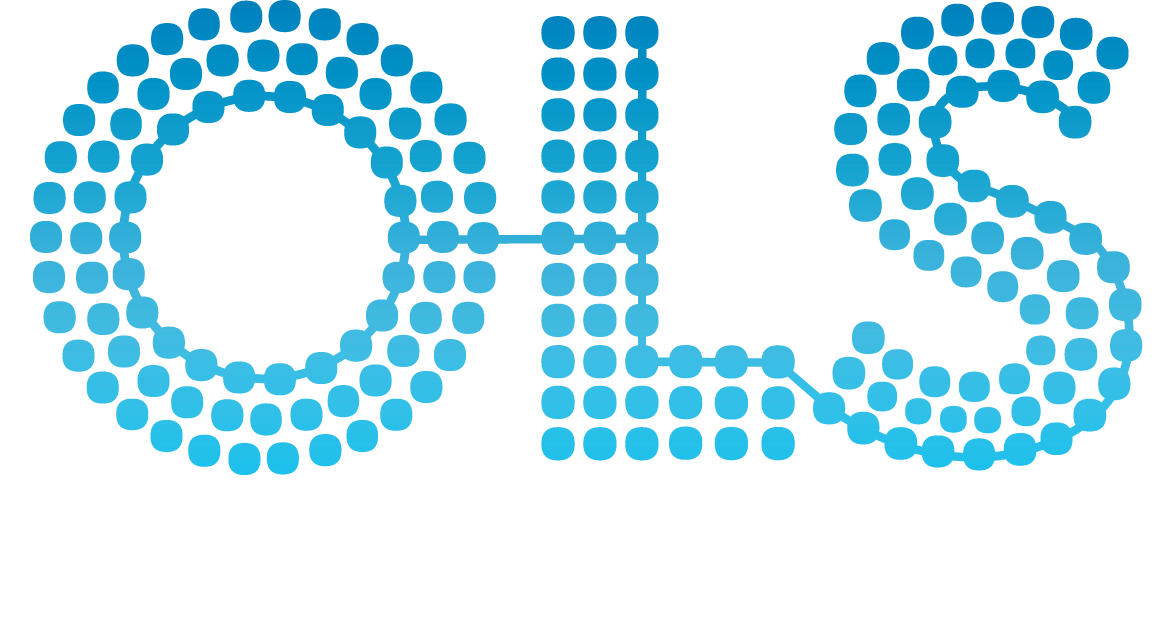|
ammocoete
|
UBERON_0009101 |
[Lamprey at larval stage.] |
|
larva
|
UBERON_0002548 |
[A distinct juvenile form many animals undergo before metamorphosis into adults. Animals with indirect development such as insects, amphibians, or cnidarians typically have a larval phase of their life cycle.] |
|
nephric fold
|
UBERON_0009100 |
[Missing definition for term UBERON:0009100. Please replace it using linked reference.] |
|
posterior condyle
|
UBERON_3000446 |
|
|
plectral apparatus
|
UBERON_3000443 |
[Complex sound-conducting anatomical structure.] |
|
auditory ossicle bone
|
UBERON_0001686 |
[One of 3 small bones contained within the middle ear space and serve to transmit sounds from the air to the fluid-filled labyrinth. The absence of the auditory ossicles would constitute a moderate-to-severe hearing loss. The term 'ossicles' literally means 'tiny bones' and commonly refers to the auditory ossicles, though the term may refer to any small bone throughout the body. [WP,unvetted].] |
|
oocyte anterior/posterior axis specification
|
GO_0007314 |
[Polarization of the oocyte along its anterior-posterior axis. An example of this is found in Drosophila melanogaster.] |
|
anterior/posterior axis specification
|
GO_0009948 |
[The establishment, maintenance and elaboration of the anterior/posterior axis. The anterior-posterior axis is defined by a line that runs from the head or mouth of an organism to the tail or opposite end of the organism.] |
|
transition metal ion binding
|
GO_0046914 |
[Binding to a transition metal ions; a transition metal is an element whose atom has an incomplete d-subshell of extranuclear electrons, or which gives rise to a cation or cations with an incomplete d-subshell. Transition metals often have more than one valency state. Biologically relevant transition metals include vanadium, manganese, iron, copper, cobalt, nickel, molybdenum and silver.] |
|
metal ion binding
|
GO_0046872 |
[Binding to a metal ion.] |
|
proton motive force dependent protein transmembrane transporter activity
|
GO_0009977 |
[Catalysis of the transfer of proteins from one side of a membrane to the other. Transportation is dependent on pH gradient across the membrane.] |
|
secondary active transmembrane transporter activity
|
GO_0015291 |
[Enables the transfer of a solute from one side of a membrane to the other, up its concentration gradient. The transporter binds the solute and undergoes a series of conformational changes. Transport works equally well in either direction and is driven by a chemiosmotic source of energy, not direct ATP coupling. Secondary active transporters include symporters and antiporters.] |
|
protein transmembrane transporter activity
|
GO_0008320 |
[Enables the transfer of a protein from one side of a membrane to the other.] |
|
transition metal ion transmembrane transporter activity
|
GO_0046915 |
[Enables the transfer of transition metal ions from one side of a membrane to the other. A transition metal is an element whose atom has an incomplete d-subshell of extranuclear electrons, or which gives rise to a cation or cations with an incomplete d-subshell. Transition metals often have more than one valency state. Biologically relevant transition metals include vanadium, manganese, iron, copper, cobalt, nickel, molybdenum and silver.] |
|
metal ion transmembrane transporter activity
|
GO_0046873 |
[Enables the transfer of metal ions from one side of a membrane to the other.] |
|
posterolateral vomerine process
|
UBERON_3000453 |
|
|
regulation of microtubule nucleation
|
GO_0010968 |
[Any process that modulates the rate, frequency or extent of microtubule nucleation. Microtubule nucleation is the 'de novo' formation of a microtubule, in which tubulin heterodimers form metastable oligomeric aggregates, some of which go on to support formation of a complete microtubule. Microtubule nucleation usually occurs from a specific site within a cell.] |
|
regulation of microtubule polymerization
|
GO_0031113 |
[Any process that modulates the frequency, rate or extent of microtubule polymerization.] |
|
posterior mental process
|
UBERON_3000450 |
|
|
posterior ramus of pterygoid
|
UBERON_3000451 |
[In a triradiate pterygoid, the process that extends posterolaterally towards the jaw articulation.] |
